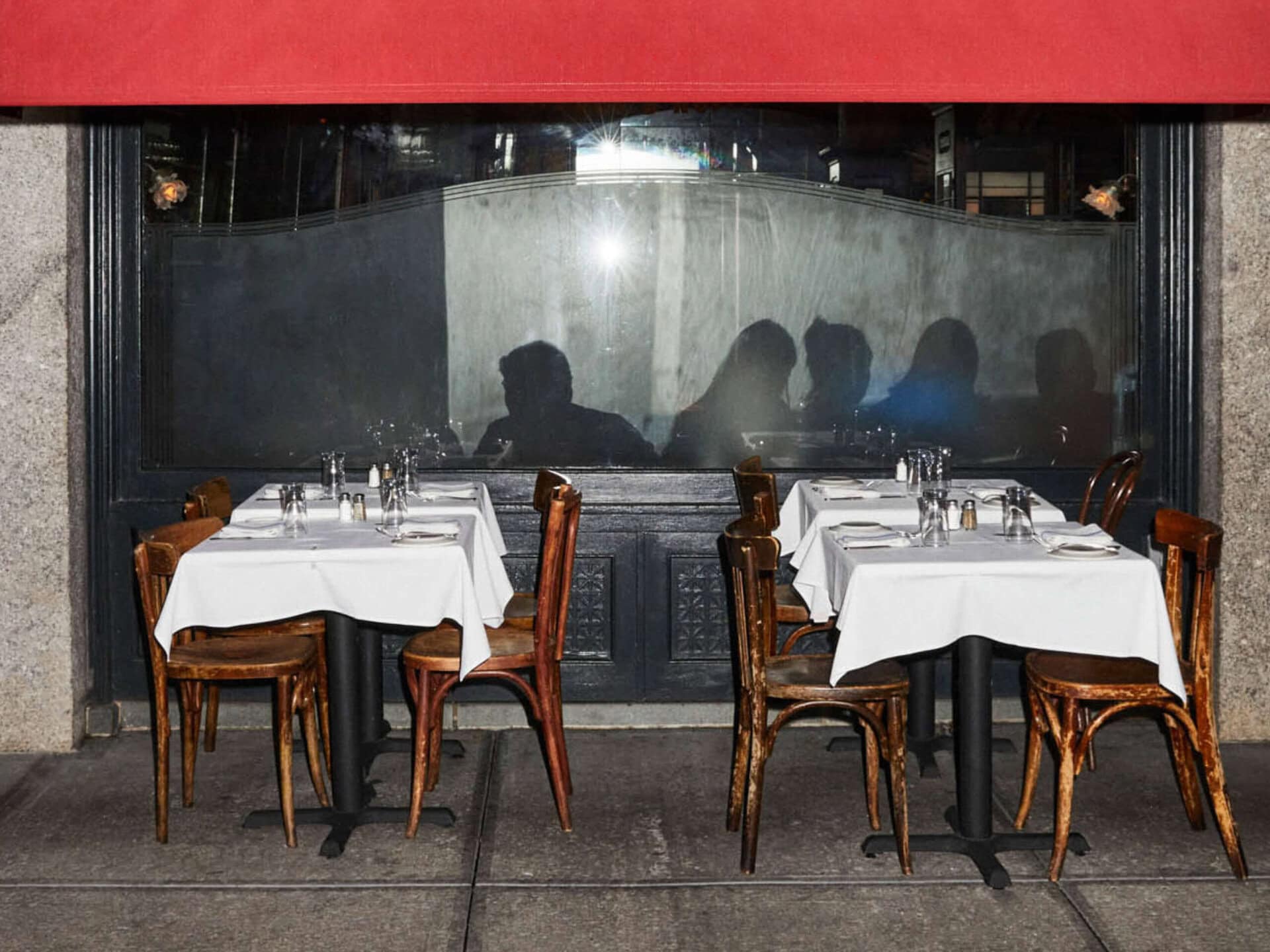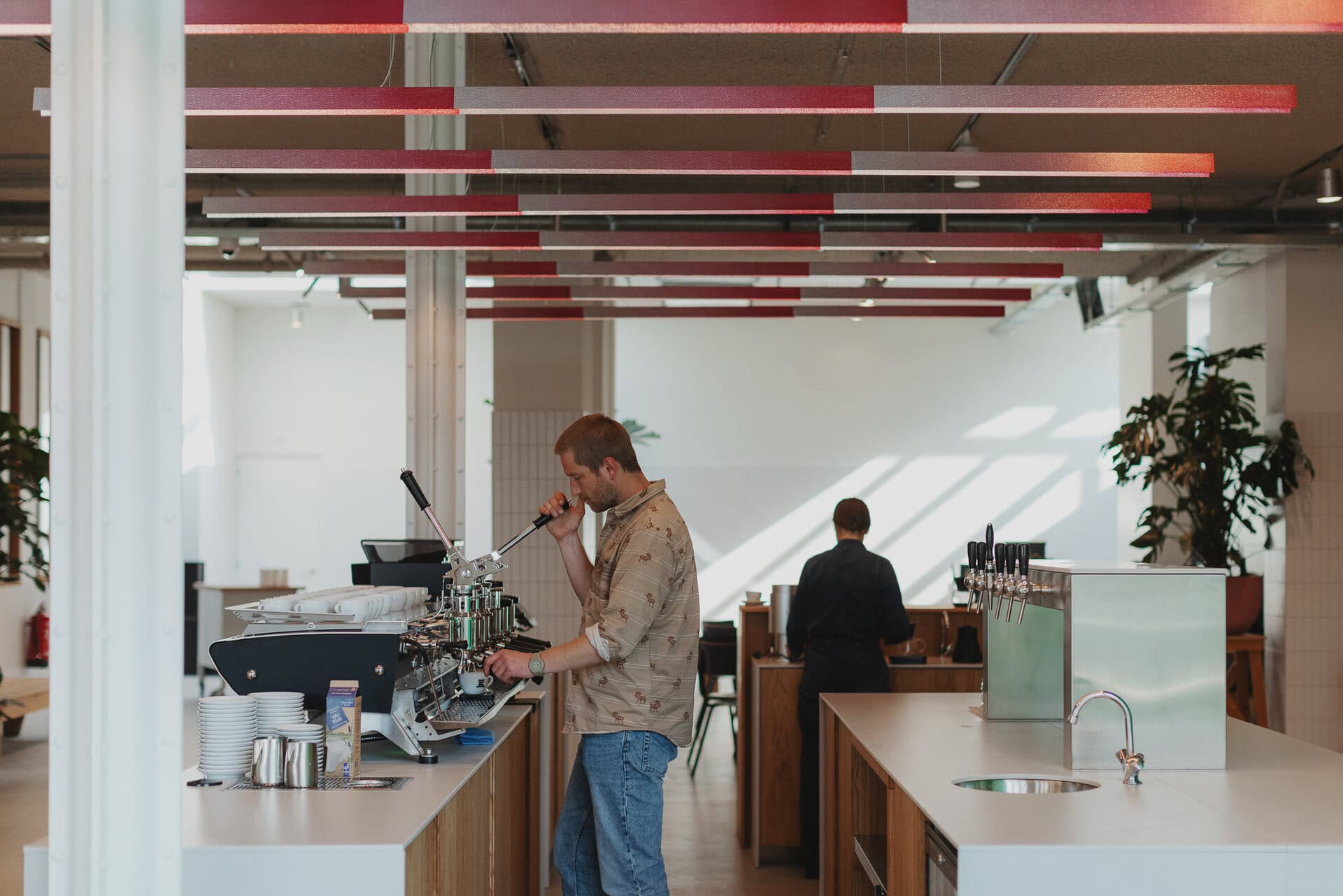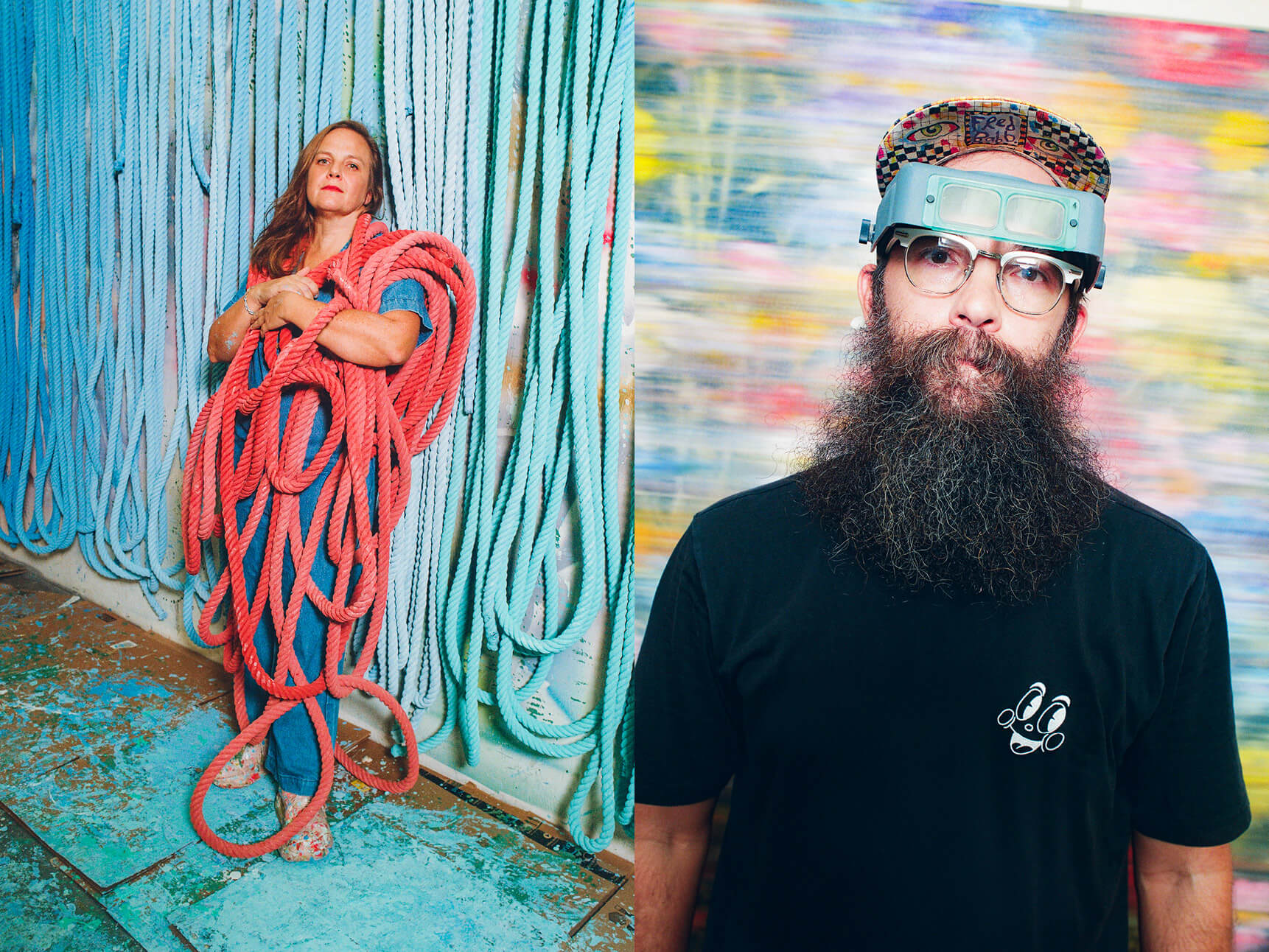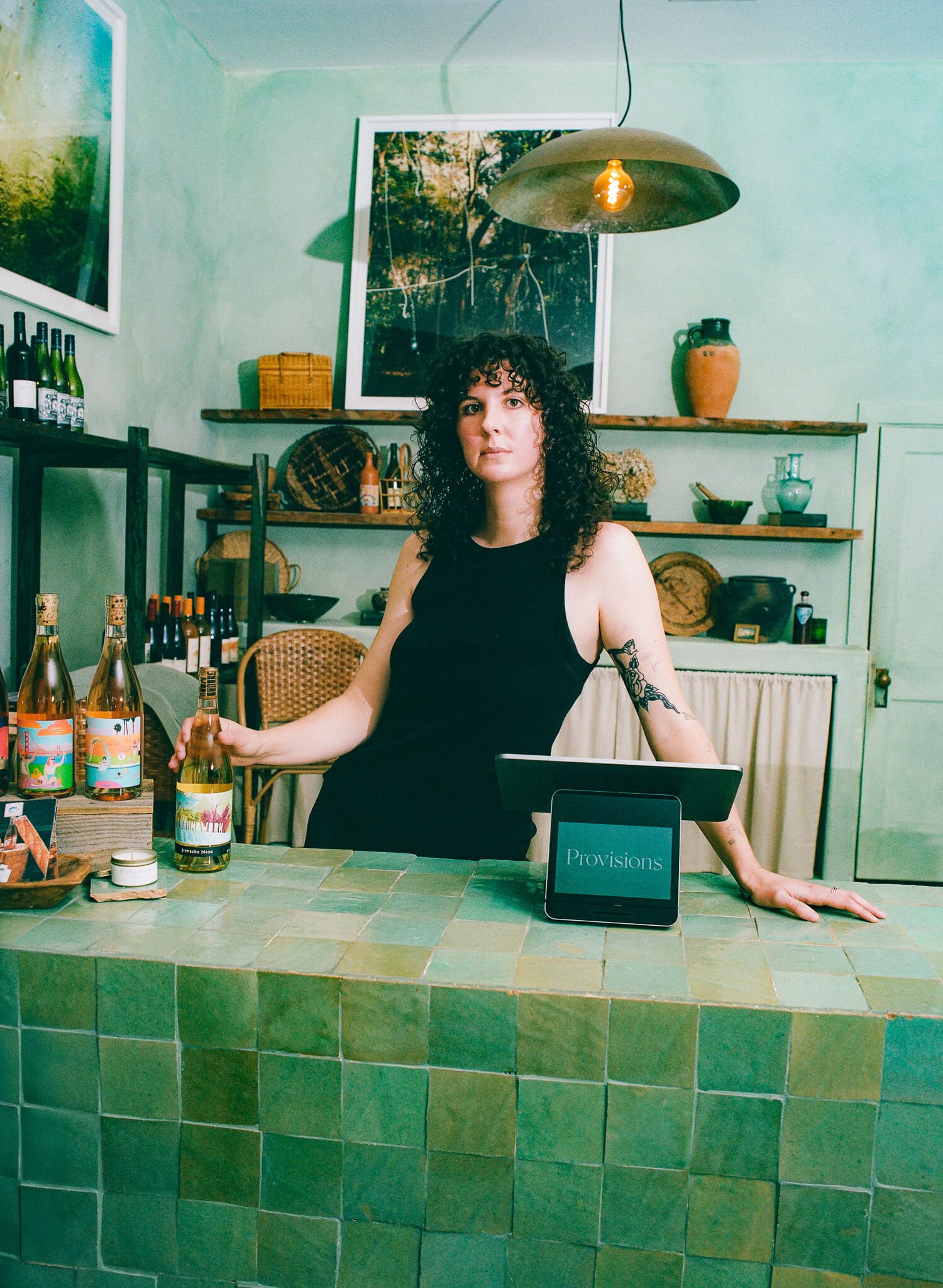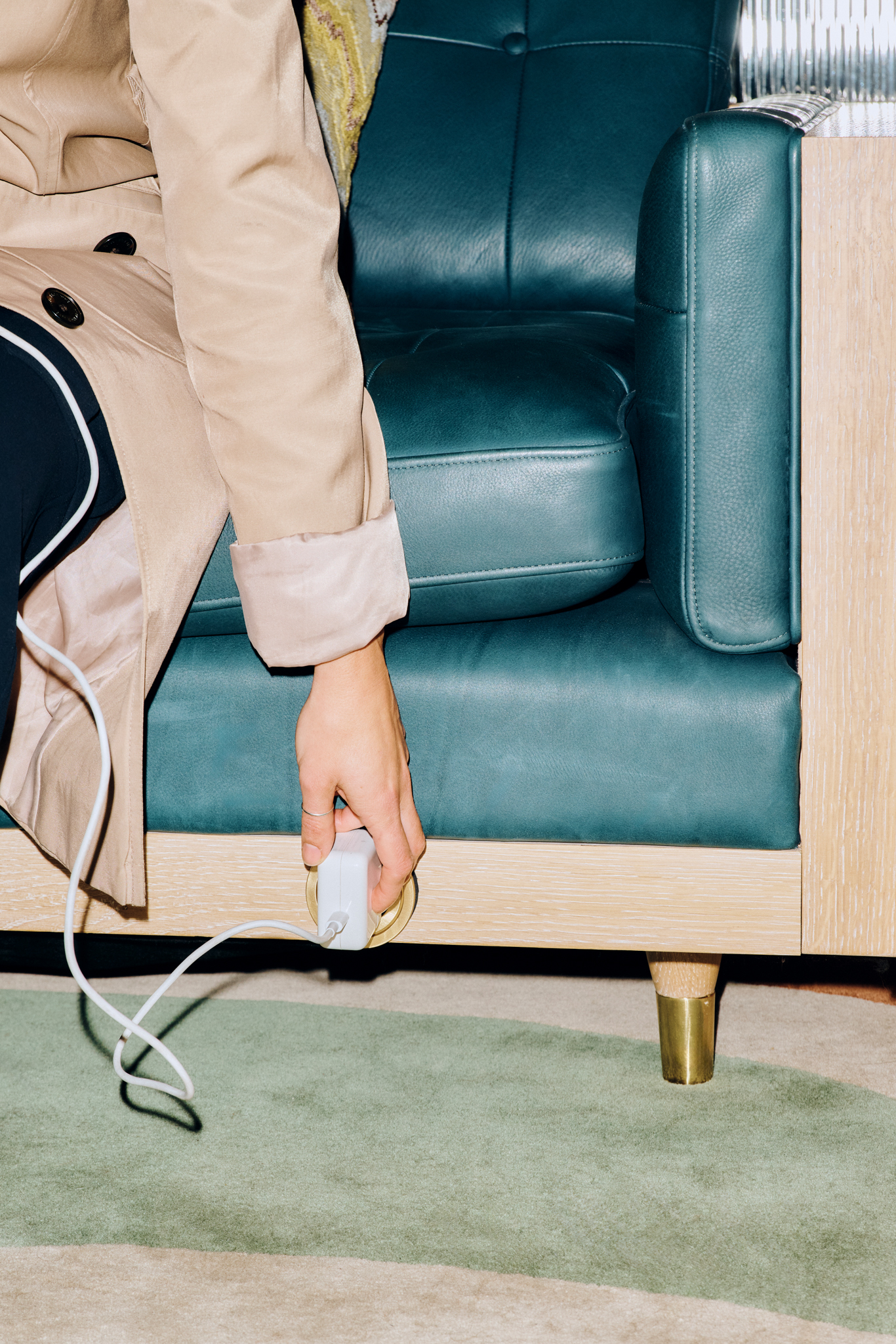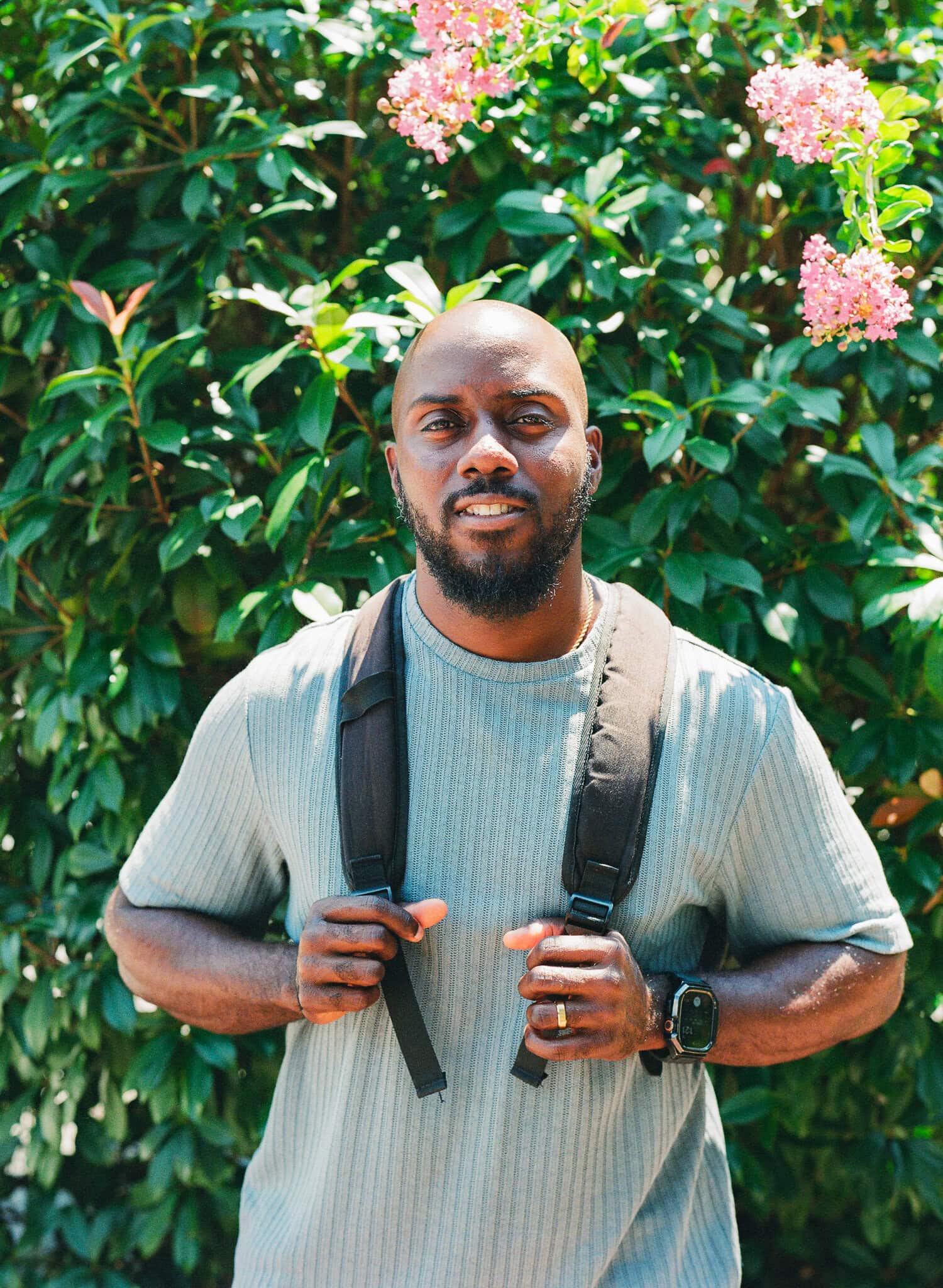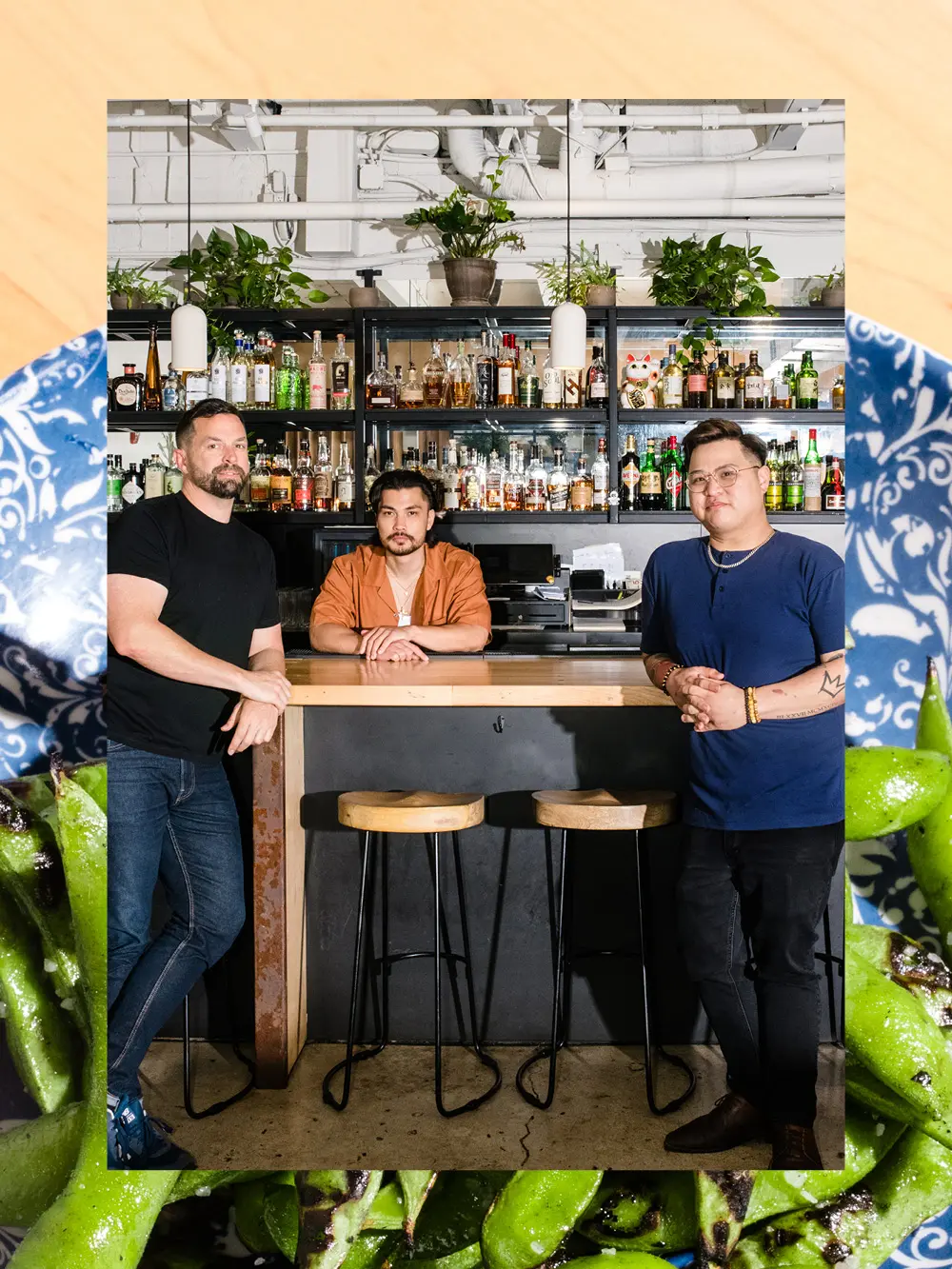
The co-founders of the hit Nashville dinner spot talk about their Japanese farmhouse-inspired concept, staying approachable, and their revolutionary mission to fire up change within the restaurant industry.
A newcomer to the Nashville dining scene, Noko—short for the Japanese word ‘nokoribi’ meaning ‘embers’—has been setting the city ablaze with its inventive wood-fired Asian concept. “The idea was to be approachable with food [that] people are familiar with,” says executive chef Dung (Junior) Vo, who along with founder Jon Murray and managing partner Wilson Brannock, developed a menu of classic dishes inflected with Japanese, Filipino, and Korean flavors. The approach has paid off, with Noko named best new restaurant in both Nashville and the country by various publications in 2023.
Veterans in the industry, Vo, Brannock, and Murray met in Charleston while working for the Indigo Road Restaurant Group, spearheaded by hospitality magnate Steve Palmer. When restaurants took a hit during the pandemic, the three found respite cooking together—and the vision for Noko grew into focus. But with that also came clarity around the grueling realities of operating a restaurant and what needed to change—the long hours, limited days off, and lack of support for workers. It set into motion a robust plan for the restaurant that puts people first, with a larger mission to redefine the standards of the hospitality industry.
Here, two of the founders share their journey and how they’ve fostered a positive and flexible restaurant environment.
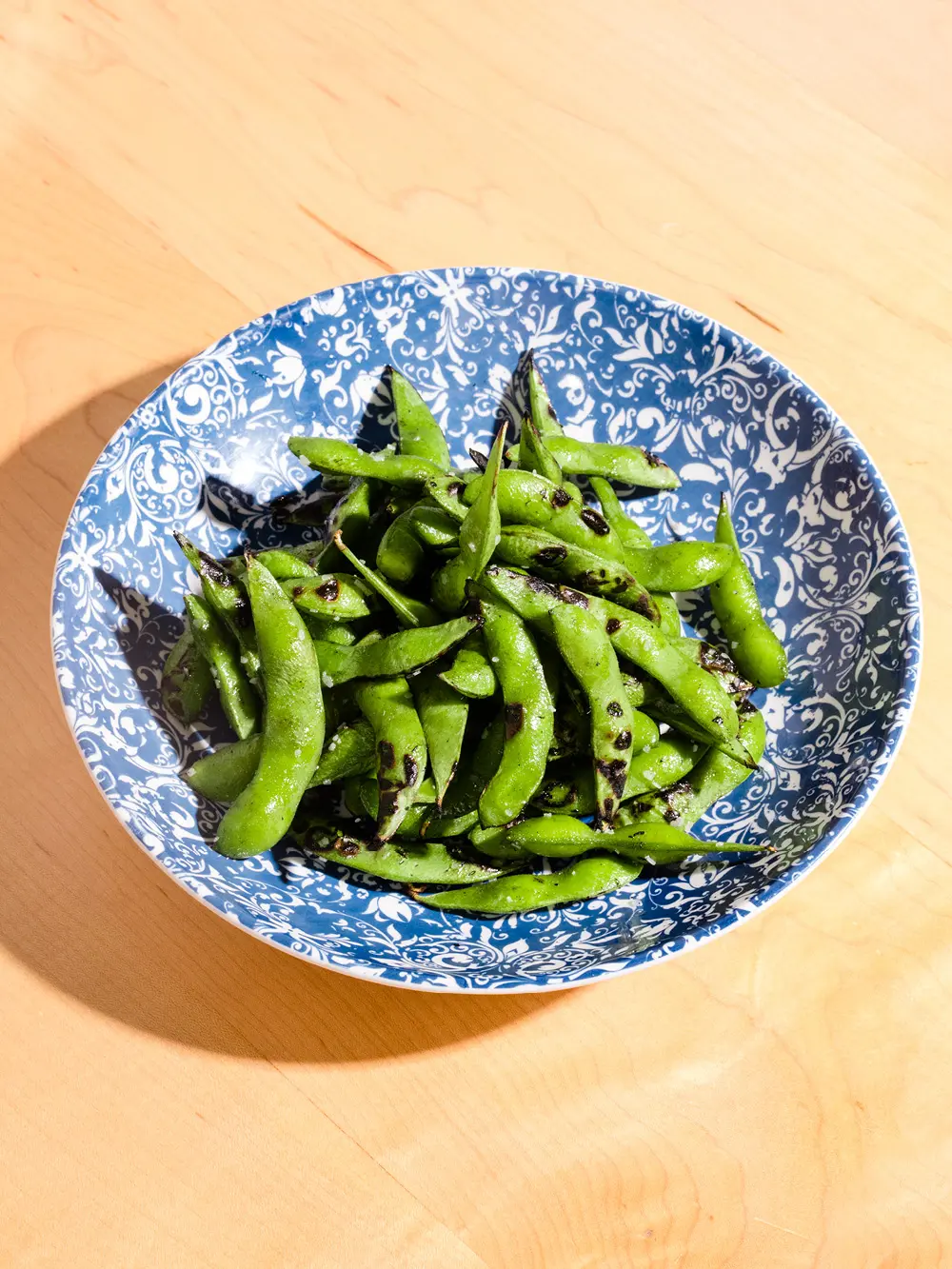
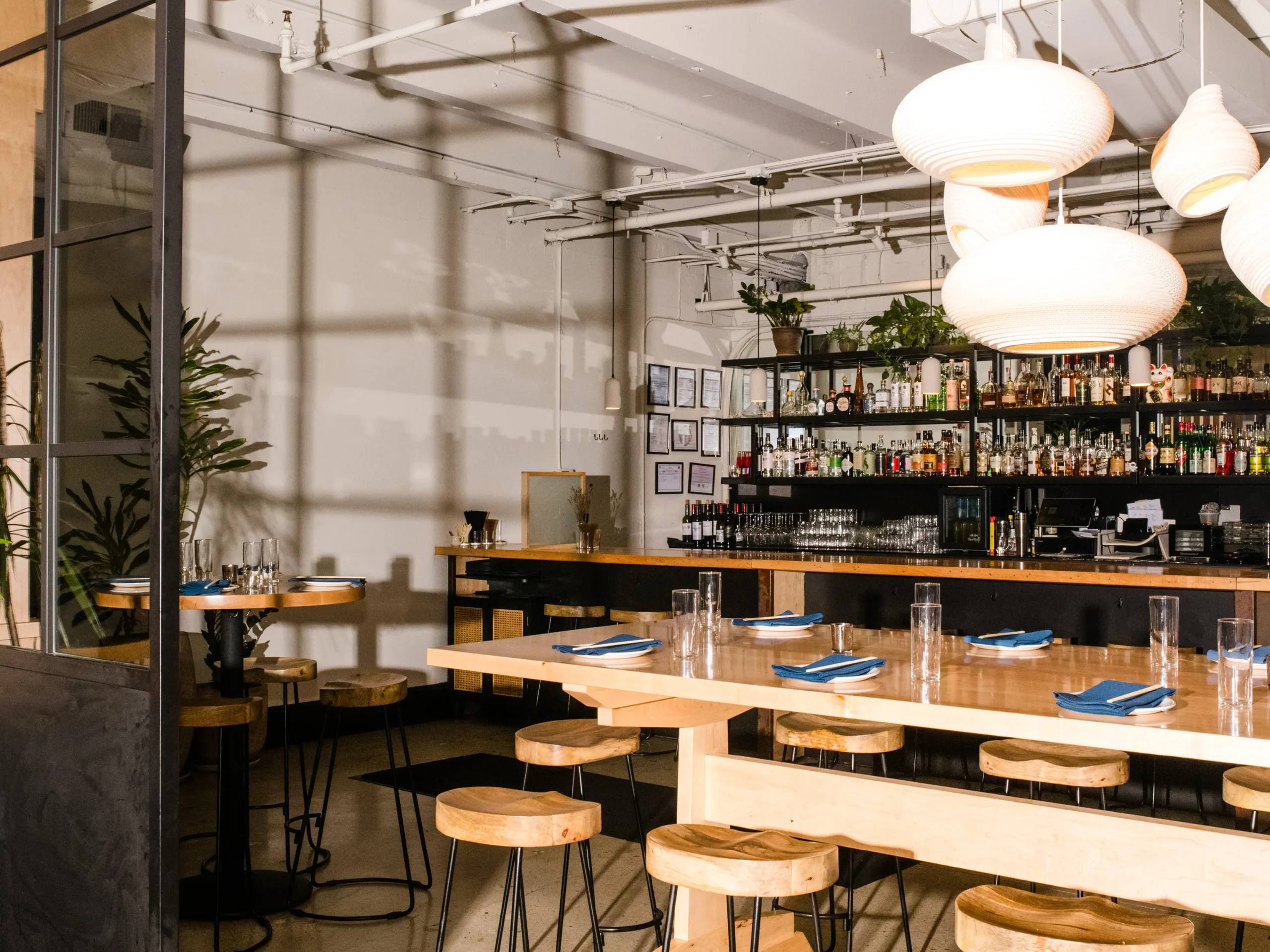
Q. How did the concept for Noko first come about?
Wilson Brannock: Junior, John and myself were part of a larger hospitality group called Indigo Road. But we always wanted to do something on our own. Throughout the pandemic, we found a sense of peace and solace hanging out and cooking over woodfire at each other’s houses down in Charleston. It felt very familial and communal. And that’s something we wanted to create in our own space. We always gravitated towards Asian cuisine, whether it be Japanese, Filipino, or classic Chinese dishes. Junior’s Vietnamese so he’ll put his flair on some traditional Vietnamese dishes. When we started talking about Noko more specifically, we wanted comfort food that people knew but with Asian ingredients. And that’s how the concept came to life.
Q. What was it about Nashville that felt right for Noko?
WB: We always had some sort of pulse on the city. I actually lived here between 2019 and 2021. I was at the Oak Crew and the Oak Steakhouse, and John lived here when he was in the music business back in 2009. But we were looking in Charleston and we were looking here in Nashville because the city was on fire, and it was a booming market for the hospitality group we used to be part of. Then a broker called John and he FaceTimed me so I was able to see the space as well. It felt right and we decided on [Nashville].
“As much as we want to say we're in the food business, we're in the people business. You've got to treat people with kindness and that costs your bottom line nothing.”
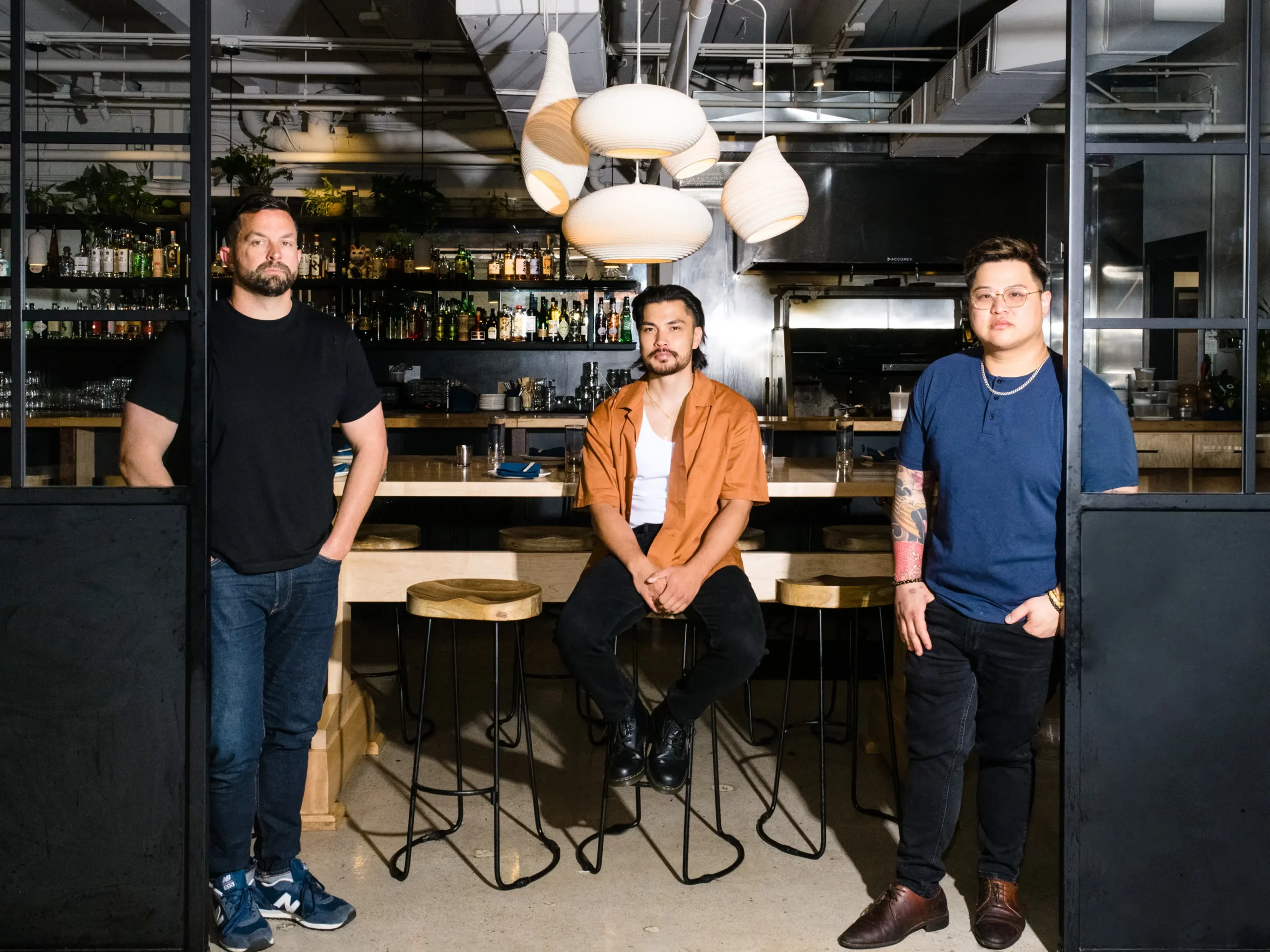
Q. There’s a fusion of flavors and influences across the menu. Were there key considerations when shaping it for the Nashville dining scene?
Dung (Junior) Vo: Coming from Charleston where there’s, in a sense, an older food scene, Nashville was way more up-and-coming. There’s a lot of new restaurants coming into town and a lot more diversity [in food] compared to Charleston or Atlanta. We’ve lived in Atlanta for a long time, too, so starting from there, we wanted to be approachable. But we also wanted to be affordable. Because it’s hard for people to go and try a $200 or $300 dinner like in New York. It’s very unfamiliar for them. And so the idea was to be approachable with food [that] people are familiar with. So, how do we make a burrata dish with cheese and bread and the basic ingredient like tomato, and turn it into an Asian-inspired woodfire dish? We’d smoke the tomatoes with the wood and then we would change the pesto, using more Asian ingredients like black garlic instead of regular garlic or Thai basil instead of Italian basil. A classic dish but given an Asian flavor without changing the integrity of what it is. I want people to see something and know what it is, like they’ve had it before from their grandma’s.
Q. Which menu items have become signatures?
DJV: There are quite a few. Crispy Rice which is, across the board, made famous by a lot of sushi restaurants like Nobu, but a lot of times it can be overdone by adding caviar or making it kind of difficult to approach. So we made our own version of that, which is a lot simpler. That’s been our number one: 16,000 orders already. Our crab fried rice is just butter, crab… add in some wagyu fat to the fried rice. Our homemade dumplings, very simple.
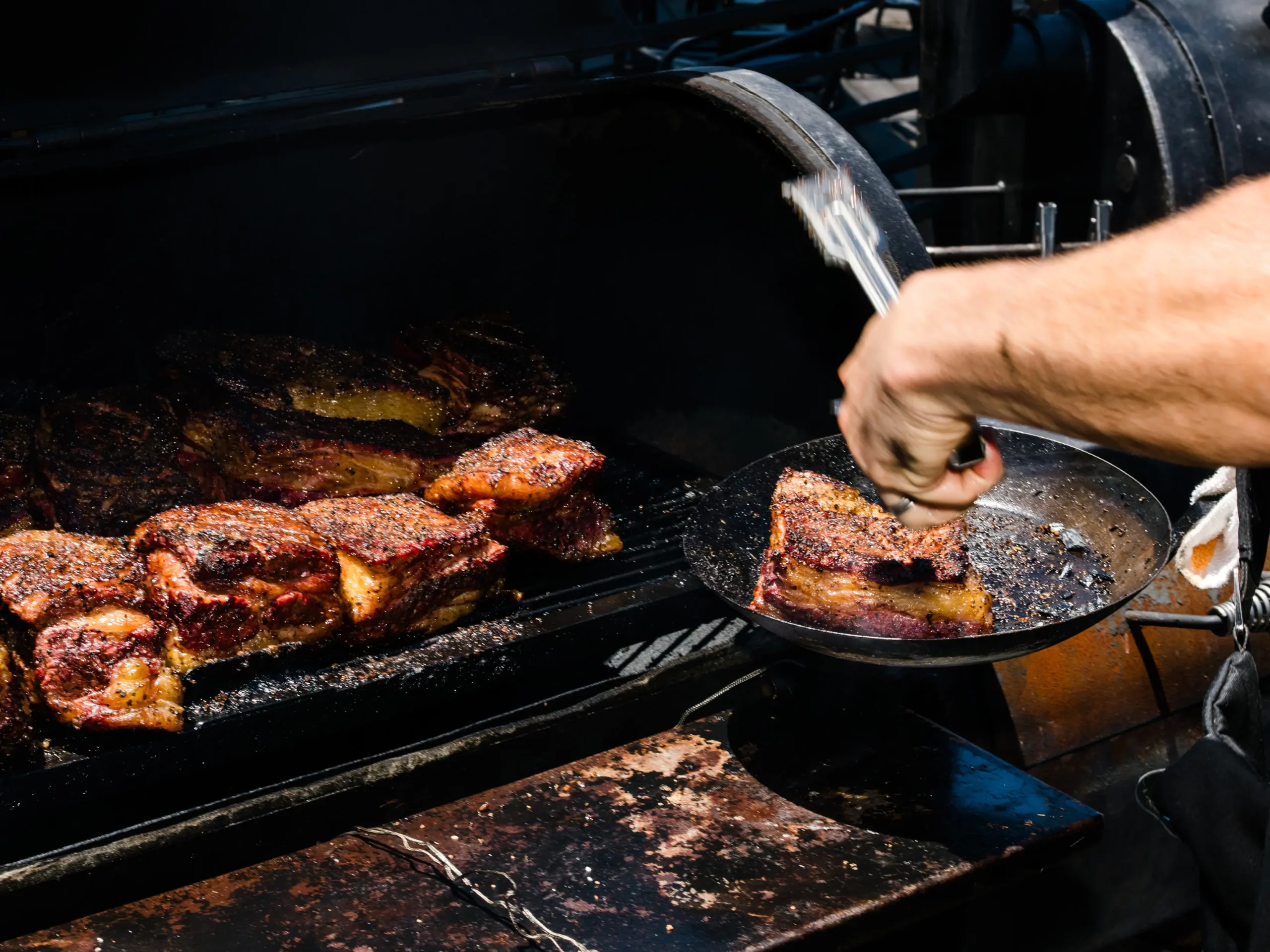
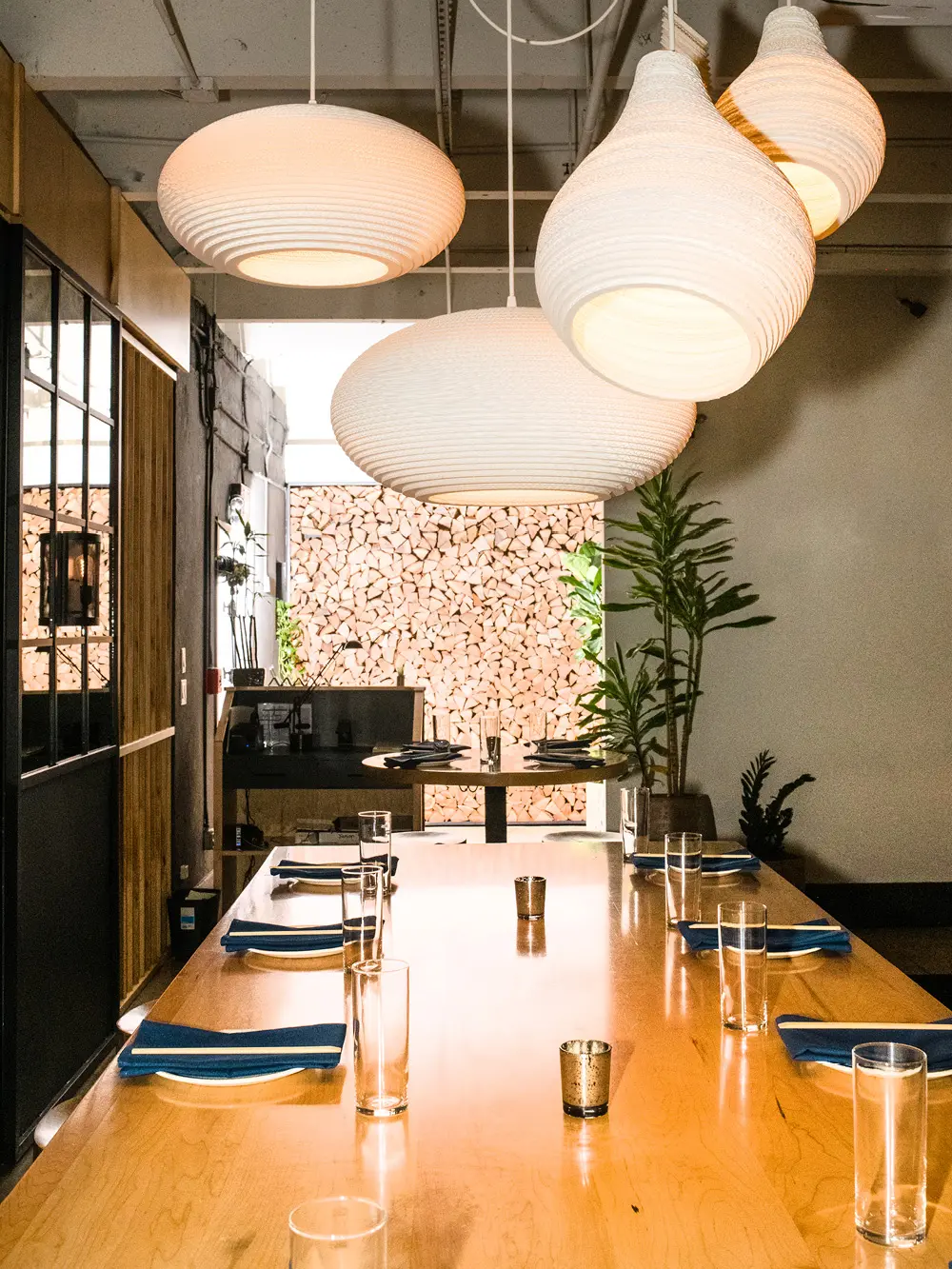
Q. How are you making it all happen in an industry known for its grueling hours?
WB: We do offer a four-day workweek. Mostly for our back of house staff and also for our front of house, too. They’re not mandated because we do understand sometimes five, eight hour weeks tend to be a little better for some people’s schedules. We’re also closed every Monday. Three days off in a week means people can spend time with their friends, family, and kids, and allows them to pursue their passions outside of the workplace. We’ve seen numbers with how much money we were spending on overtime. It definitely works for our business model.
Q. What do you hope existing and future restaurants will take away from your blueprint?
WB: For the operators, the things that you feel like are far-fetched—providing health insurance, PTO, things like that—those are possible. The one thing I’ve heard time and time again, and this doesn’t cost your business at all, is you have to be kind. You have to be a compassionate leader, a compassionate business owner. As much as we want to say we’re in the food business, we’re in the people business. You’ve got to treat people with kindness and that costs your bottom line nothing.
Q. So, what’s next on the horizon? Any other collaborations or plans for expansion?
WB: Without sharing too much, we do have two new concepts here coming up. One is going to be late fall of this year and will be some sort of Japanese cuisine with only 14 seats. I’ll leave it at that. Then first quarter of next year, there will be a 5000-square-foot space, which is going to be more communal dining.
Noko is open for dinner service from 5:00pm to 9:00pm everyday but Monday. Brunch is served on Sundays from 11:00am to 2:30pm.
Order the hurricane fries and tell them The Malin sent you.
Photography by Nicola Harger
